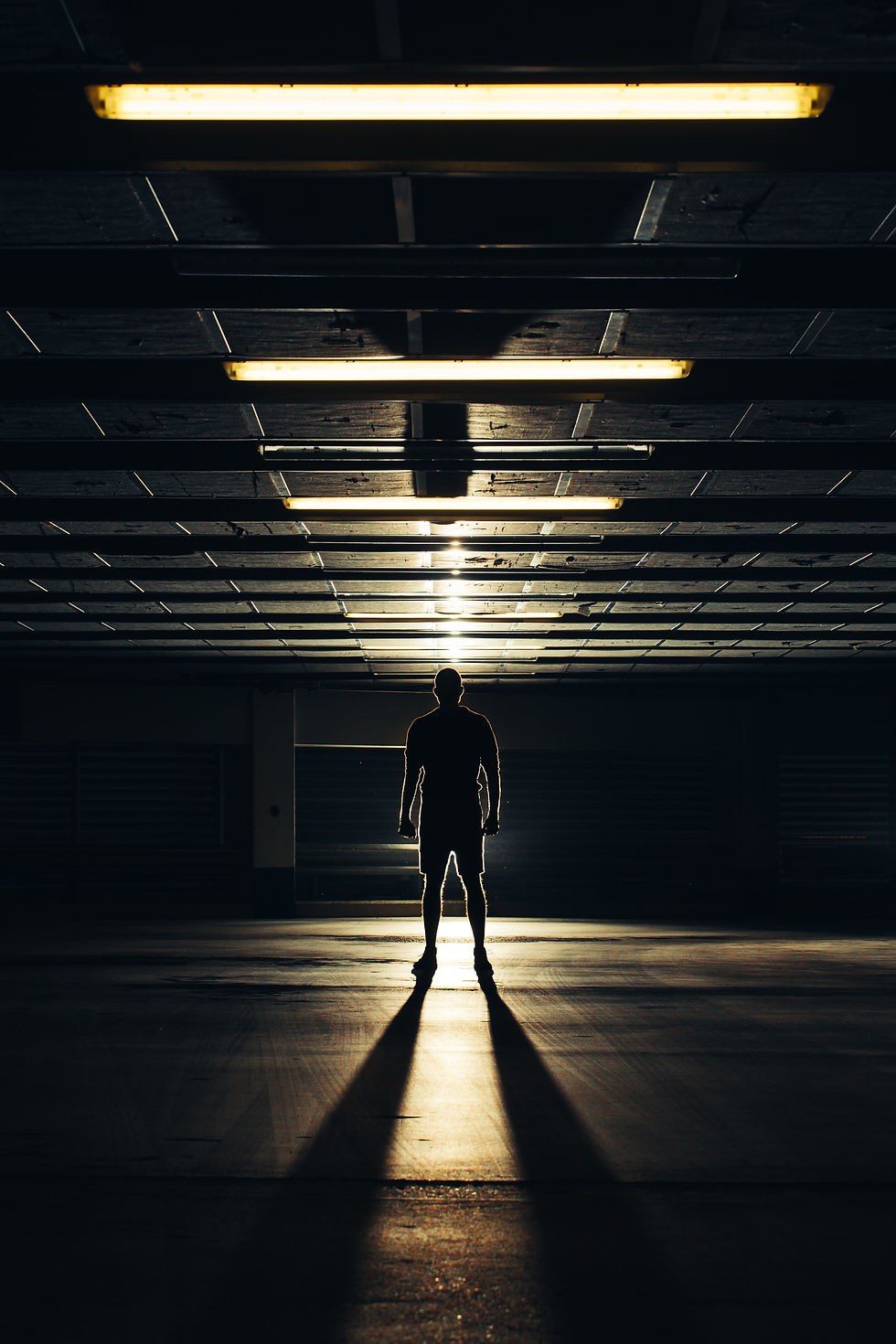As climate change worsens, deadly prison heat is increasingly an everywhere problem P4
- Shidonna Raven

- Oct 18, 2024
- 2 min read
By Elizabeth Weill-Greenberg,
August 29, 2024
Source: The Appeal
Photo Source: Unsplash,
This story was produced by The Appeal and co-published with Grist.
Research has found that higher temperatures — and especially prolonged periods of extreme heat — are associated with higher death rates in prison. Despite the correlation between heat and mortality, the exact number of heat-related deaths remains unknown, as many prisons do not properly track or report them, prompting concern from advocates that officials are effectively hiding these fatalities behind other causes of death.
In one high-profile case in California this July, Adrienne “Twin” Boulware died after collapsing at the Central California Women’s Facility during a heat wave, according to advocates. Boulware’s family has said prison staff told them she died from heat stroke, but a spokesperson for the state corrections agency said in an email that Boulware’s cause of death “appears to be an ongoing medical condition and not heat related.” The county coroner’s office will make the final determination, the spokesperson said.
For years, incarcerated people and advocates have demanded universal air conditioning and increased access to ice, cold water, and showers to help protect against the heat. But many prison systems continue to deny prisoners even the most basic accommodations, while lawmakers have offered, at most, piecemeal investments in AC installation.
Incarcerated people often rely on small, personal fans to provide some degree of comfort, but previous reporting by The Appeal has revealed that these devices can be too expensive for many to afford, especially on paltry wages — if they’re paid at all.
Without a radical departure from the status quo, the human-made crises of climate change and mass incarceration are on a collision course that will put more and more prisoners’ lives at risk. As extreme temperatures sweep across the country, the problem is expanding beyond historic hotbeds in the South and Southwest, bringing more intense and frequent heat waves to states with traditionally milder climates.
Heat waves this summer have hit much of the country, including Washington State, New York, Massachusetts, Vermont, Pennsylvania, New Jersey, Illinois, and New Hampshire, all states that lack universal air conditioning in their prisons, according to our survey. Research suggests extreme heat can be particularly dangerous for people who are not acclimated to such high temperatures.
Can these practices impact Climate Change? Why? How can you impact Climate Change?
Share the wealth of health with your colleagues and friends by sharing this article with 3 people today.
If this article was helpful to you, donate to the Shidonna Raven Garden and Cook E-Magazine Today. Thank you in advance.







Comments